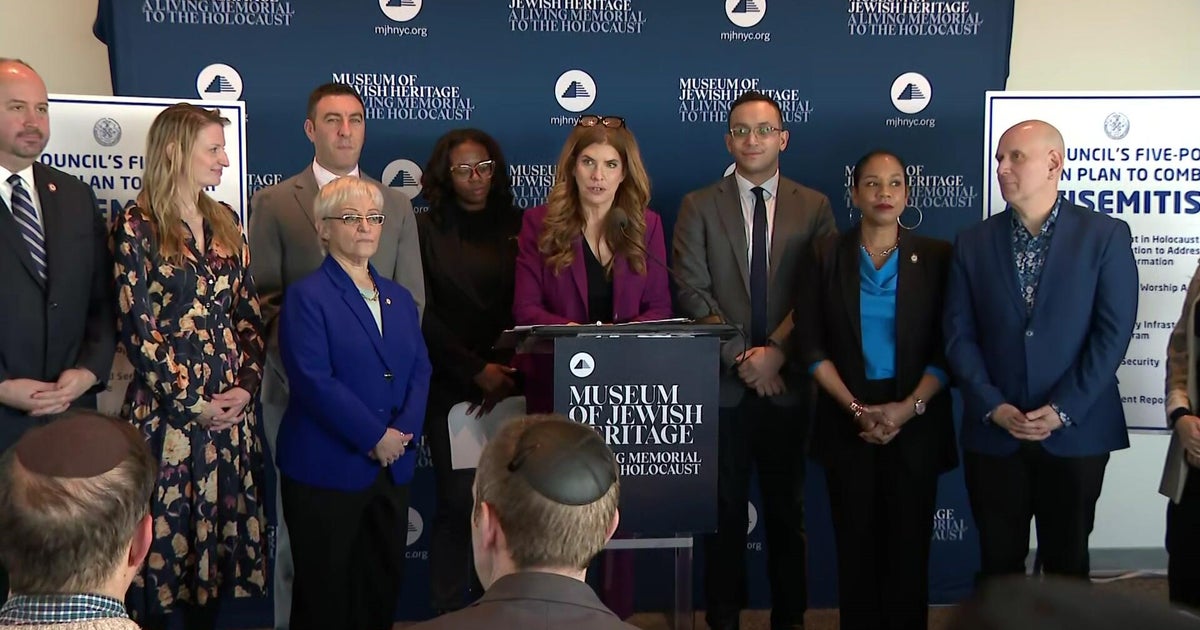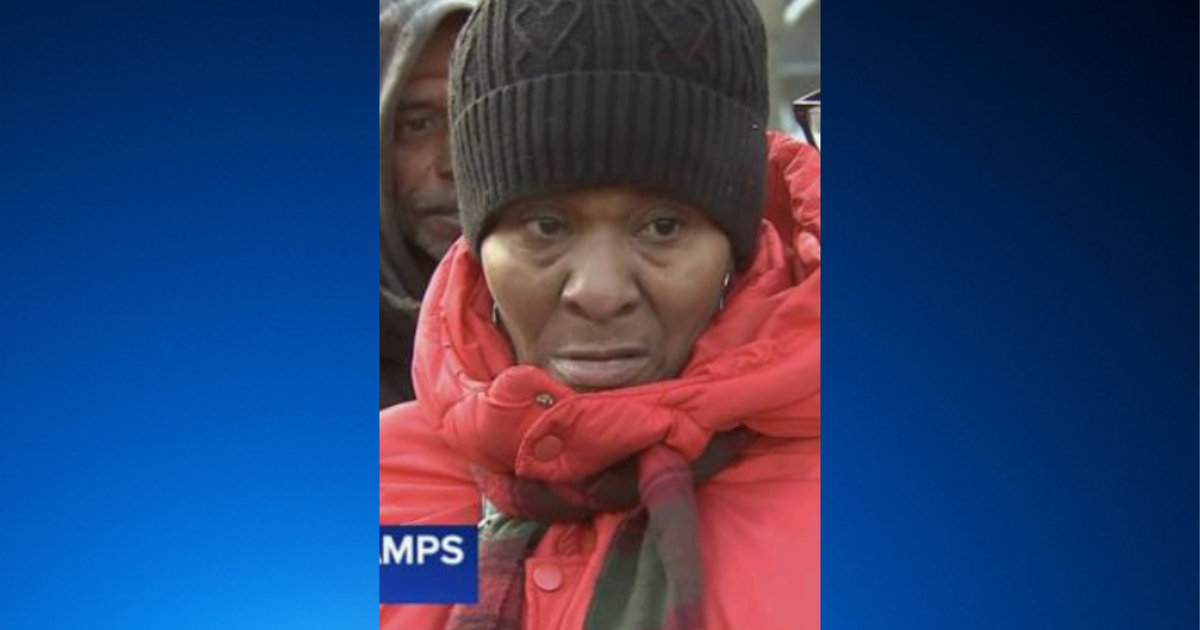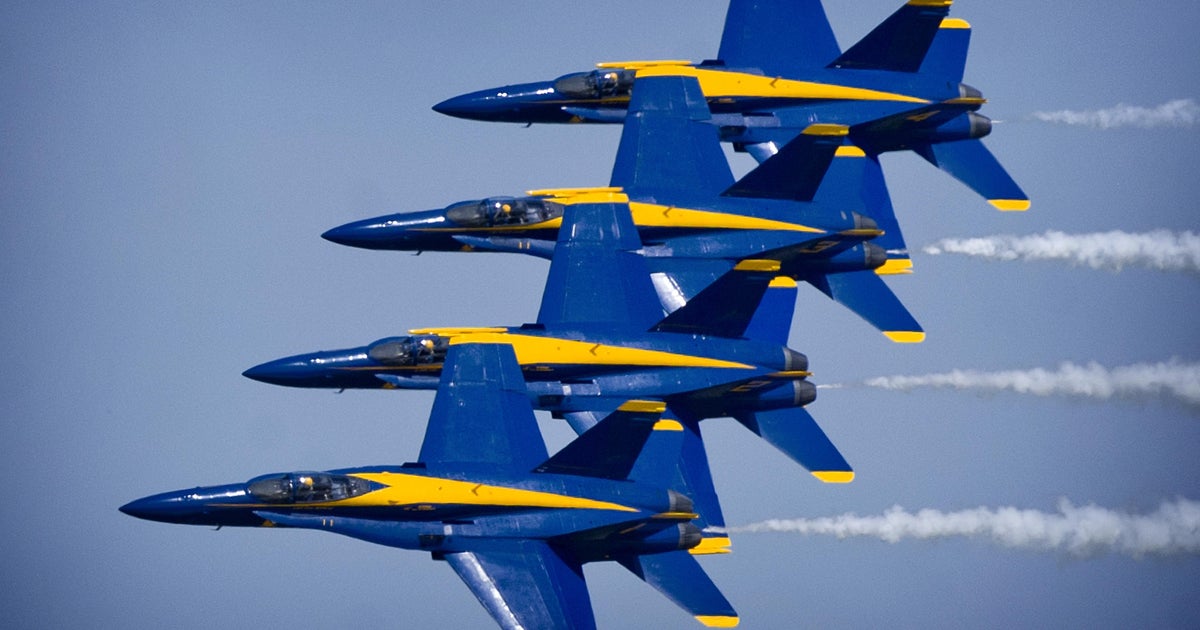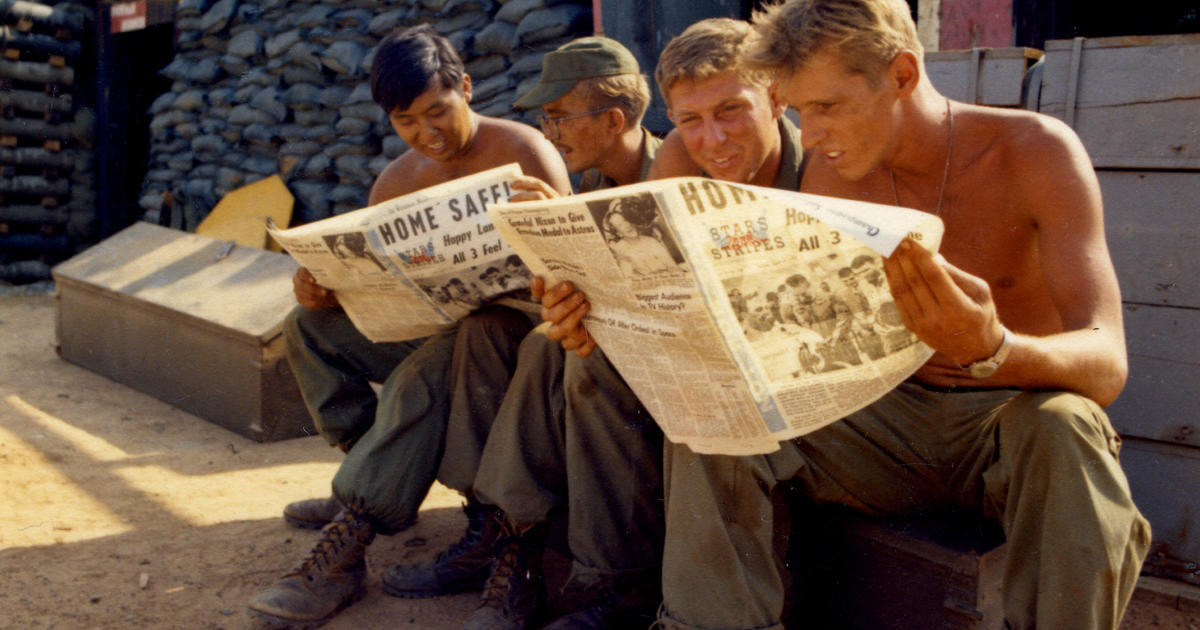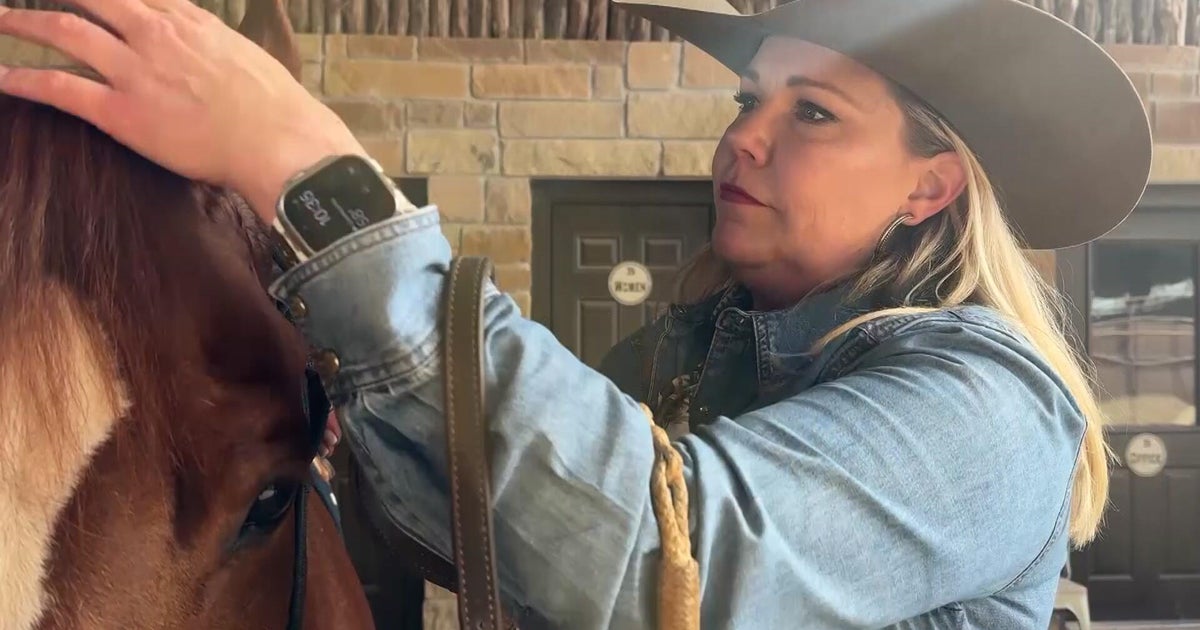U.S. Military: Women Now Eligible For Combat Front Lines
NEW YORK (CBSNewYork) -- There has been a major shift in U.S. Military policy. The front lines of combat are now open to women.
Marine Corps Capt. Zoe Bedell served two tours in Afghanistan. She worked alongside female Marines who were thrown into active combat situations.
They rose to the challenge overseas, but because of a 1994 Pentagon policy prohibiting women from officially serving in combat roles, females couldn't advance to certain positions or get the recognition they say they deserved.
"There is no front line and if you're in Afghanistan or Iraq, you are in combat, and you are on that front line," Bedell told CBS 2's Jessica Schneider on Wednesday. "We all served overseas. We all knew women were already doing this. We're all excited today to see that this important step has been taken."
Combat operations in Iraq and Afghanistan have already cost more than 130 women their lives and left more than 800 wounded.
Dawn Halfaker, who commanded a Military Police Platoon in Iraq and fought alongside infantry, was one of those wounded.
"We were all fighting the same fight, doing the same thing," Halfaker said.
The best machine gunner in Halfaker's platoon was Victoria Rivers, who was tapped to go on missions with Special Forces.
"It was just kind of euphoric, you know, riding along with somebody or working side by side with some Special Forces team. It was pretty cool," Rivers said.
But Rivers acknowledges some military jobs may be too demanding for a female physique.
"There's jobs that women can't do physically because they just don't have the strength, the physical strength, to do it," she said.
The Marines recently opened their 13-week infantry officer school to women, but the first two who volunteered dropped out. In the Army, an infantryman carries a 63-pound pack, which could go to more than 100 pounds, depending on the situation.
Secretary of Defense Leon Panetta will formally announce the new policy on Thursday.
His order will make women eligible to serve in the infantry on combat patrol, and even in elite special operation units like the Navy SEALs. The change could open up more than 200,000 jobs to women.
"Combat has changed, conventional arms have changed, and you see women closer to combat than before. I think the Joint Chiefs have really run out of excuses from keeping them able to do it," said CBS military analyst Army Maj. Mike Lyons.
But it won't be easy. There has long been opposition to placing women into combat, and questions about whether they are really up to the challenge.
"The question is whether or not they can meet the physical standards and that's going to be the largest hurdle as this policy goes forward," Maj. Lyons said.
The services have until May to draw up a plan for opening all units to women, and until end of 2015 to actually implement that plan.
Do you agree with the new policy? Please offer your thoughts in the comments section below ...
